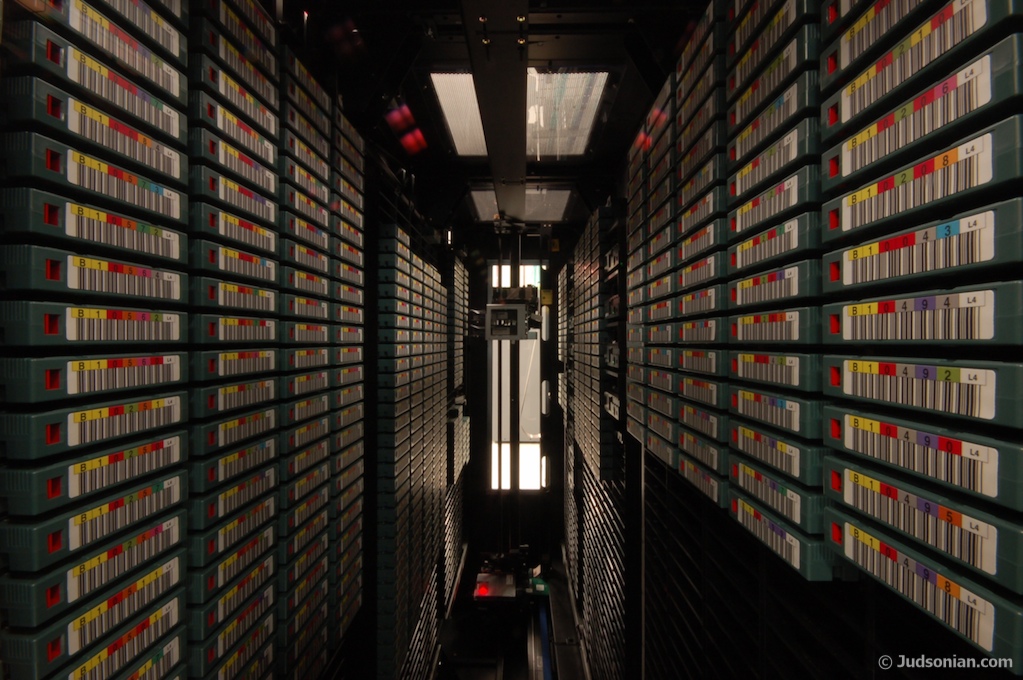All children, except one, grow up. They soon know that they will grow up, and the way Wendy knew was this. One day when she was two years old she was playing in a garden.

Access to Justice For All

All children, except one, grow up. They soon know that they will grow up, and the way Wendy knew was this. One day when she was two years old she was playing in a garden.

As more and more content ranging from emails to personal information is being stored virtually in the cloud, questions about who should be able to access this content and how they must obtain the information are starting to arise. Currently, Microsoft has challenged the ability of the US government to obtain information stored in one of their data centers located abroad. If the information was stored in a physical form, the United States would have to work in cooperation with the government of the country in which the information is stored. However, the law is not as black and white concerning digital files. Executive Vice President and General Counsel of Microsoft Brad Smith states that is the responsibility of not only tech companies but also Congress to start setting precedents for laws regarding internet privacy so citizens can trust and understand digitally-storing files.
Smith also states that views on who has ownership of digital files may need to be altered. He explains that companies providing online storage have no more ownership of the files than the post office has of the content of a letter that is being mailed. Congress will also have to decide whether physical borders between countries continue to exist in the virtual world. Though the technicalities and concerns about internet privacy may seem confusing, Smith reassures tech users that measures are already being implemented that relieve citizens of having to worry about their privacy being violated even if they don’t understand all the ins and outs of cloud storage.
Article via Above the Law, August 18, 2015
Photo DSC_6005 via Judson Weinsheimer [Creative Commons Attribution-NonCommercial-NoDerivs]

Police are using facial recognition software to identify suspects, but the rules on how they should be using the technology are not transparent.
Some San Diego citizens say their pictures had been taken even though they had not been arrested, and without permission. Spokesman Lt. Scott Wahl, when asked about department policy for this practice, said it doesn’t exist. Officers are not required to document the use of facial recognition technology and do not receive training on its use.
Eric Hanson, a retired firefighter with a non existent criminal record, says his picture was taken after being stopped by police due to a dispute with a prowler.
Article via ABA Journal, 13 August 2015
Photo: [59- 365] Behind the camera via Gemma Bou [Creative Commons Attribution-NonCommercial-NoDerivs]

China has censored the internet again after adopting a new national cyber security law that seeks to make data, IT infrastructure and systems, and the internet in certain areas “secure and controllable,” according to the National People’s Congress website.
Reporters were told by Zheng Shuna, of the NPC’s Legislative Affairs Commission, that cyberspace sovereignty is “the embodiment and extension of national sovereignty” and an important part of national infrastructure (according to Xinhua, a state-owned news agency).
Article via Above The Law, 10 July 2015
Photo:China Flag via Bryan Jones [Creative Commons Attribution-NonCommercial-NoDerivs]

Casetext,a free legal research website that uses crowdsourcing to annotate cases, has introduced a brand new tool that publishes attorney’s commentary and connects them to cases they cite. Users of the new LegalPad app can write articles and share them with particular interest groups in the Casetext community
Attorneys who publish articles on the site can create a reputation in their specific areas, according to Casetext.
“Legal writing is exceptionally hard. You feel constantly buried in dozens of sources, trying to keep quotes and citations straight,” according to Jake Heller, Casetext founder. “We crafted technology to help writers focus on what matters most: developing their message.”
Article via ABA Journal, 2 July 2015
Photo: A Writer’s Morning via Gene Wilburn [Creative Commons Attribution-NonCommercial-NoDerivs]

Crowdfunding can be an incredible campaigning tool, especially for a good cause. Finances can be a problem when starting a nonprofit, but crowdfunding has the ability to reach millions of people who would back your cause through donations, via the Internet.
A crowdfunding platform for nonprofits and social good projects, CauseVox explains how to make crowdfunding work for your cause in the infographic below.
Article via Mashable, 22 June 2015
Photo: Interactief seminar Crowdsourcing door Gijsbert Koren van Douw&Koren via Mediawijzer.net [Creative Commons Attribution-NonCommercial-NoDerivs]